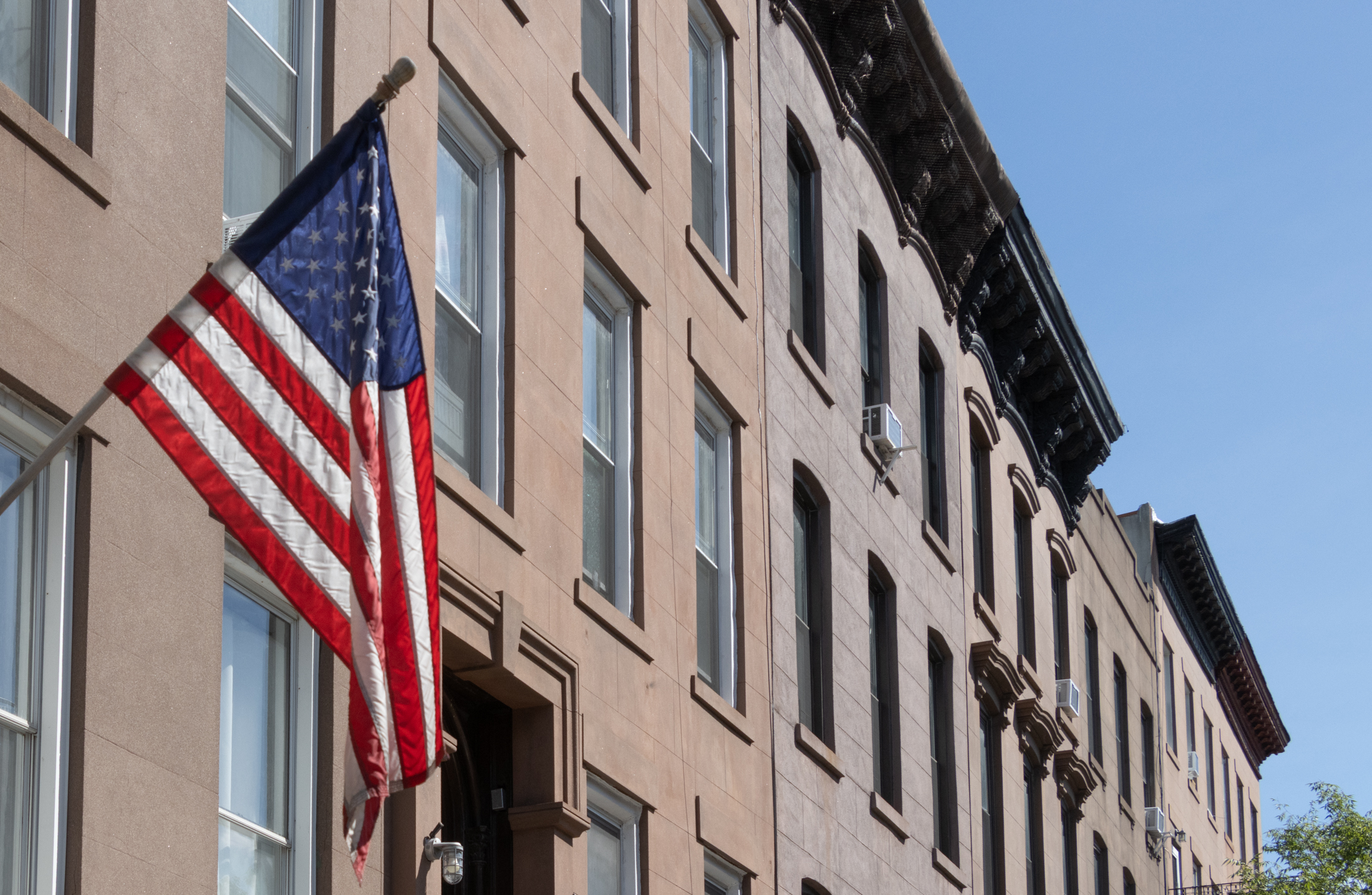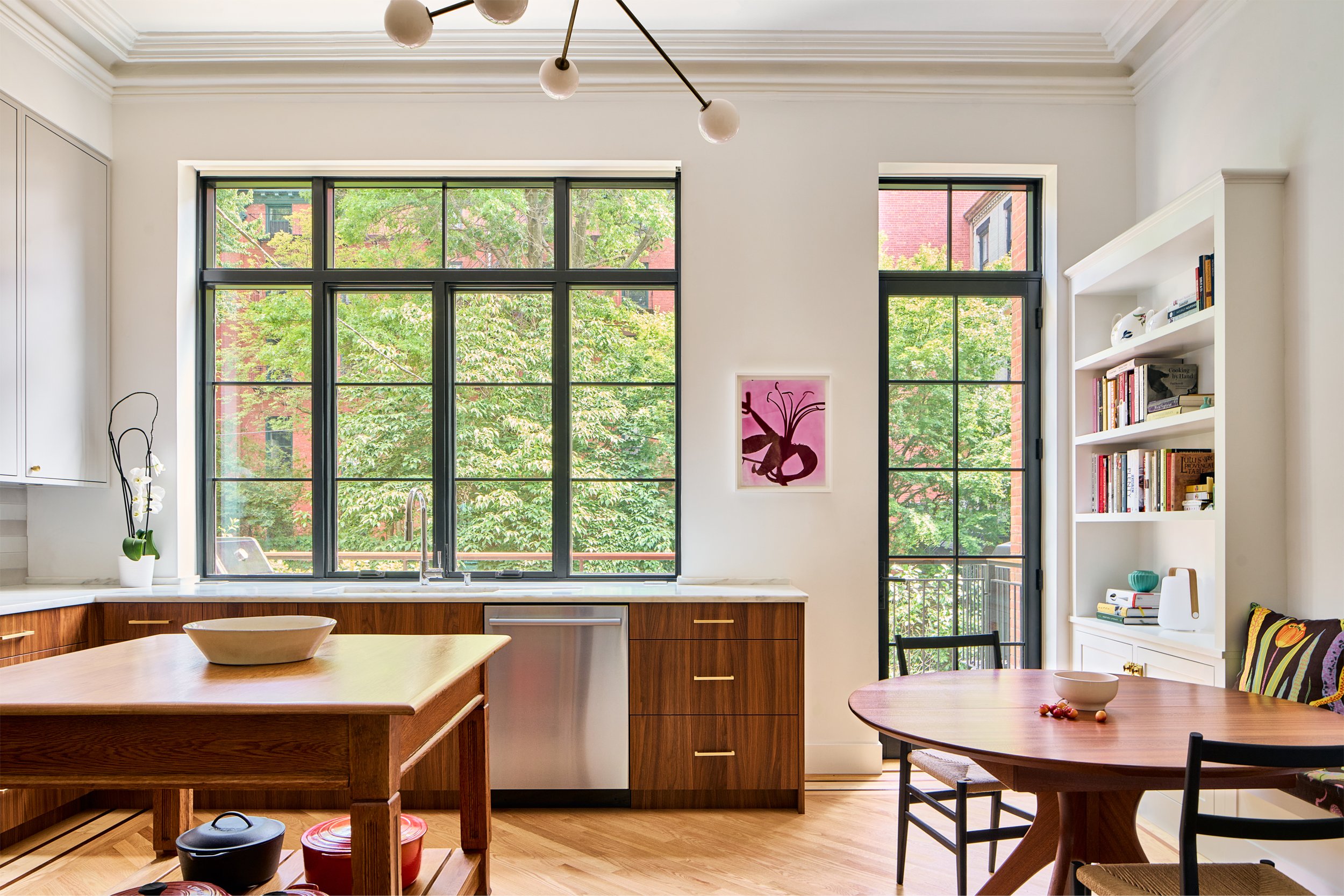Apartment Prices Down, Insider Sales Up
Nothing but doom and gloom in the papers this morning when it comes to real estate. Top of the list: Appraisal firm Miller Samuel is coming out with numbers today showing that the average sales price in Manhattan fell 13% in the third quarter from the second quarter; a report from Prudential Douglas Elliman reached…


Nothing but doom and gloom in the papers this morning when it comes to real estate. Top of the list: Appraisal firm Miller Samuel is coming out with numbers today showing that the average sales price in Manhattan fell 13% in the third quarter from the second quarter; a report from Prudential Douglas Elliman reached the same conclusion. Because this number is heavily weighted by particular weakness at the high end of the market (and year-over-year prices were still up 10% in the third quarter), we’re more focused on reports that inventory is rising and properties are taking longer to sell.
If the big shot brokers are sweating, they aren’t showing it: “What we had was abnormal,” said Dottie Herman, chief executive of Prudential Douglas Elliman. “People get used to abnormal times and then when they’re normal, they think there’s something wrong.” “The summer is traditionally a slower time in the real-estate market,” rationalizes Dolly Lenz. “I’ve seen a lot of activity in September that would suggest that the fourth quarter should improve.”
A final negative indicator: Insiders at the nation’s ten biggest homebuilder companies sold almost $1 billion of stock this past quarter, perhaps suggesting they think we’re near a top in the market.
Slowing Seen in Housing Prices [NY Times]
Home Builders Selling Stock [NY Times]
Real Estate in Bubble Trouble [NY Post]





sheeples!
I agree that its all about psychology. If people feel the market is going down or even going to stagnate, there is less urgency or desire to buy. We’ve seen in previous downturns, long periods of stagnation and price falls in NYC.
The last 10 years have been good for Manhattan real estate. Probably too good — we could well give back some of those gains. And because markets always over correct, we could bottom out at 2000 or 2001 prices before another upturn.
Prices drop not just based on inventory but also based on expectation. If people expect that prices will fall (or even remain the same) they will often wait to purchase, this causes sellers who need to sell, to drop their price thereby reinforcing the falling price expectation of more potential buyers and so on….
Coop boards tend to become less strict during a down market. In a hot market, they can insist upon excellent financials, because the shareholder could usually get another offer from a more qualified buyer. The demand dries up in a soft market, so the board lighten up. Also, some boards may become less strict about subletting, especially if the alternative is that the bank forecloses on a defaulting shareholder. As always, things differ from coop to coop, but I think the general comments above are accurate.
Clearly, sellers’ expectations have exceeded buyers’ capabilities. But even if the market goes down 10%, 15% or even 20%, anyone who bought more than two years ago still stands to make a nice profit at sale.
There are other expectations here that should be considered: the unreasonable requirements of coop boards. I wonder how these boards will readjust to a new market after years of having things their way. It was easy to create all those onerous new rules; it’s not as easy to rescind them.
It will also be interesting to see how the new realities effect the recent For Sale By Owner phenomenon. It’s becoming more important than ever to have a good working relationship with a real estate agent.
Maybe. What either article about ‘average’ price or number of homes on market doesn’t mention
is the number of transactions completed.
I think that speaks more to whether people are buying or not.
I know the media loves to quote ‘average’ Manhattan prices (sometimes mentioning the caveat that its Manhattan south 96th St and sometimes just assuming that you know that) but
the number of sales per month in that area is small compared to NYC area market in total. Think about the the % of NYC residents or NY metro residents that live in individually owned coop, condo or townhouse in Manhattan south of 96th.
It’s not that buyers run away when prices are low, it’s that prices are lower because there’s more inventory for buyers to choose from so there isn’t as much pressure for them to out-bid the other buyers as fast as possible, because they can just get a different house instead.
Strange how people buy high and sell low. You’ll have tons of buyers when prices are super high, while buyers will run away when prices become more reasonable. I guess that old saying is true, people don’t want to catch a falling knife. Bubblicious!